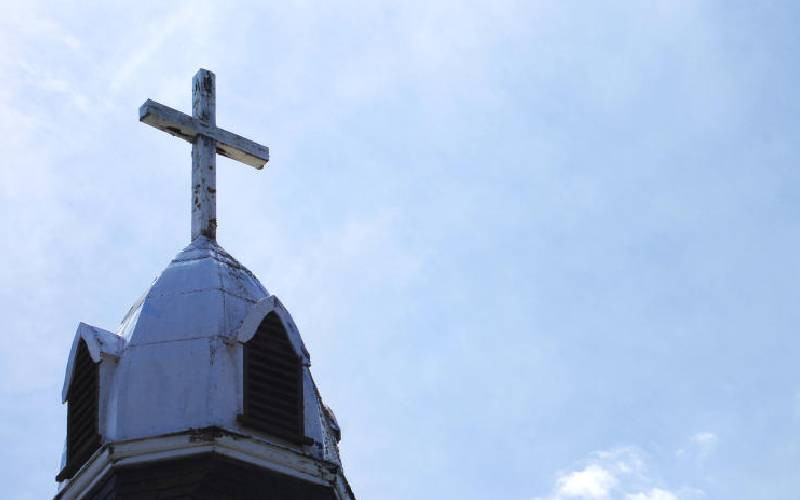×
The Standard e-Paper
Smart Minds Choose Us

On May 27 this year, the Ethics and Anti-Corruption Commission began the process of recovering a 26-acre public school land in Homabay County allegedly grabbed by the Seventh Day Adventist Church.
EACC claims that the land was allocated to Nyabola Girls Secondary School in 1968 but was illegally taken by the SDA church which turned the school into a private institution and used part of the land to construct a church and some private residences.